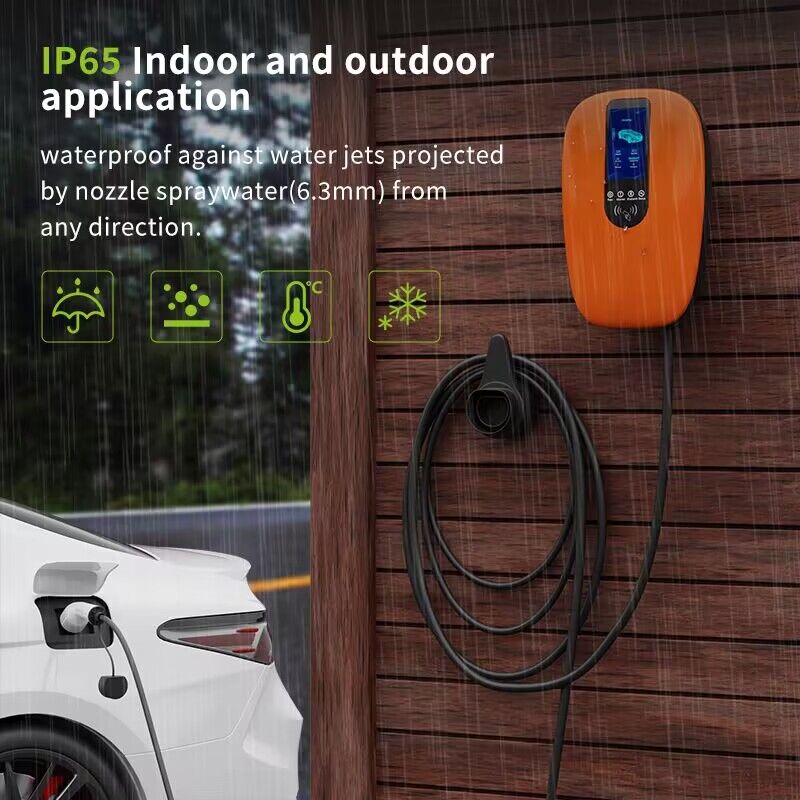The European Union (EU) has been at the forefront of the global shift towards sustainable transportation, with electric vehicles (EVs) playing a pivotal role in reducing carbon emissions and combating climate change. As the popularity of EVs continues to soar, the demand for reliable and efficient charging infrastructure has become more pronounced. Let’s talk about latest trends in EV charging across the EU, highlighting key developments and initiatives shaping the region’s transition to a greener automotive landscape.
Interoperability and Standardization:
To enhance user experience and promote seamless charging, the EU is emphasizing interoperability and standardization of charging infrastructure. The aim is to create a uniform charging network that allows EV users to access different charging stations with a single payment method or subscription. Standardization not only simplifies the charging process but also fosters competition among charging providers, driving innovation and efficiency in the sector.
Focus on Fast Charging:
As EV technology advances, the focus on fast charging solutions has become a priority. Fast-charging stations, capable of delivering high power levels, are crucial for reducing charging times and making EVs more practical for long-distance travel. The EU is actively supporting the deployment of ultra-fast charging stations along major highways, ensuring that EV users can recharge quickly and conveniently during their journeys.
Integration of Renewable Energy:
The EU is committed to making EV charging more sustainable by integrating renewable energy sources into the charging infrastructure. Many charging stations are now equipped with solar panels or connected to local renewable energy grids, reducing the carbon footprint associated with charging. This shift towards cleaner energy aligns with the EU’s broader goal of transitioning to a low-carbon and circular economy.
Incentives and Subsidies:
To accelerate the adoption of EVs and encourage the development of charging infrastructure, various EU member states are offering incentives and subsidies. These can include tax breaks, financial incentives for businesses installing charging stations, and subsidies for individuals purchasing EVs. These measures aim to make EVs more financially attractive and stimulate investment in charging infrastructure.
The EU’s commitment to sustainability and the fight against climate change is driving significant advancements in the realm of EV charging. The expansion of charging infrastructure, interoperability, fast-charging solutions, integration of renewable energy, and supportive incentives are all contributing to the region’s progress towards a cleaner and more sustainable transportation future. As the momentum continues, the EU is poised to remain a global leader in the development and implementation of innovative EV charging solutions.
Post time: Dec-17-2023





